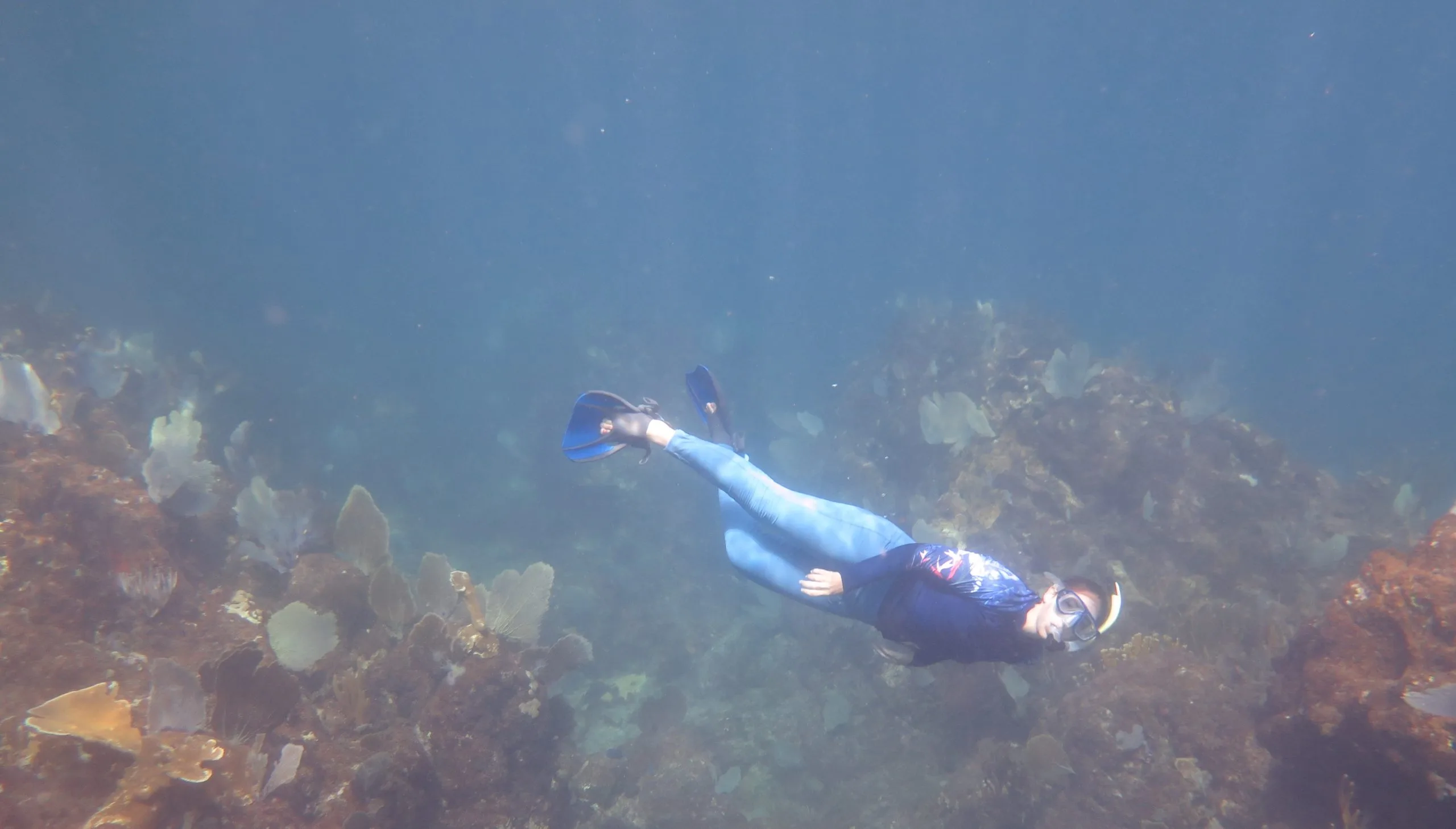News
SEA’s Dr. Heather Page co-authors study on oxygen loss on coral reefs

SEA’s Assistant Professor of Oceanography Heather Page is the co-author of a ground-breaking study examining the effects of hypoxia, or low oxygen, on coral reefs around the world. The paper, “Increasing hypoxia on global coral reefs under ocean warming,” was published March 16th in the journal Nature Climate Change.
For the study, 22 co-authors collected data at 32 reefs located around the world, such as Okinawa, Taiwan, Australia, Panama, Florida, and Palmyra. For her part, Dr. Page deployed a SeapHOx autonomous sensor in Kane’ohe Bay, Hawaii while doing research as a PhD candidate at the SCOOBY Lab at UC San Diego’s Scripps Institution of Oceanography. She shared her data with the lab and lead author Ariel Pezner, who is now a postdoctoral fellow at the Smithsonian Marine Station in Florida.
“I was excited to co-author this paper because it’s the first of its kind. Until now, no one has published research on hypoxia levels in coral reefs at this scale. There has been a gap in knowledge,” said Page.
The researchers found that hypoxia is pervasive. 84 percent of reefs experienced weak to moderate hypoxia, and 13 percent experienced severe hypoxia. What’s more, using various climate change models, the researchers project that those numbers could increase to 94 and 31 percent, respectively.
“I was surprised to see how many reefs were suffering from hypoxia, it was pretty shocking to me,” said Page.
According to the paper, “as global temperatures continue to increase and marine heatwaves become more frequent and severe, low oxygen conditions on coral reefs are likely to become more frequent as a result of changes in oxygen solubility and biological oxygen demand. Given the essential role of oxygen in driving aerobic metabolism, hypoxia poses a serious threat to coral reef ecosystems and the humans that depend on them.”
“Global climate change has a huge impact on coral reef ecosystems. We’ve been studying the effects of warming and acidification for awhile, but only more recently have we considered the effects of oxygen loss. Hypoxia can cause coral mortality and fish and other marine organisms to leave the reef, so it alters the overall reef ecosystem,” explained Page.
That’s important, because in addition to their value as rich and diverse marine ecosystems, healthy reefs protect shorelines and provide important economic value in terms of fishing and tourism.
“It’s not just a future climate change problem, it’s a problem today. Climate change is happening now. This is just further evidence of it in a coral reef environment,” said Page.
Contact: Douglas Karlson, Director of Communications | 508-444-1918 | dkarlson@sea.edu | www.sea.edu